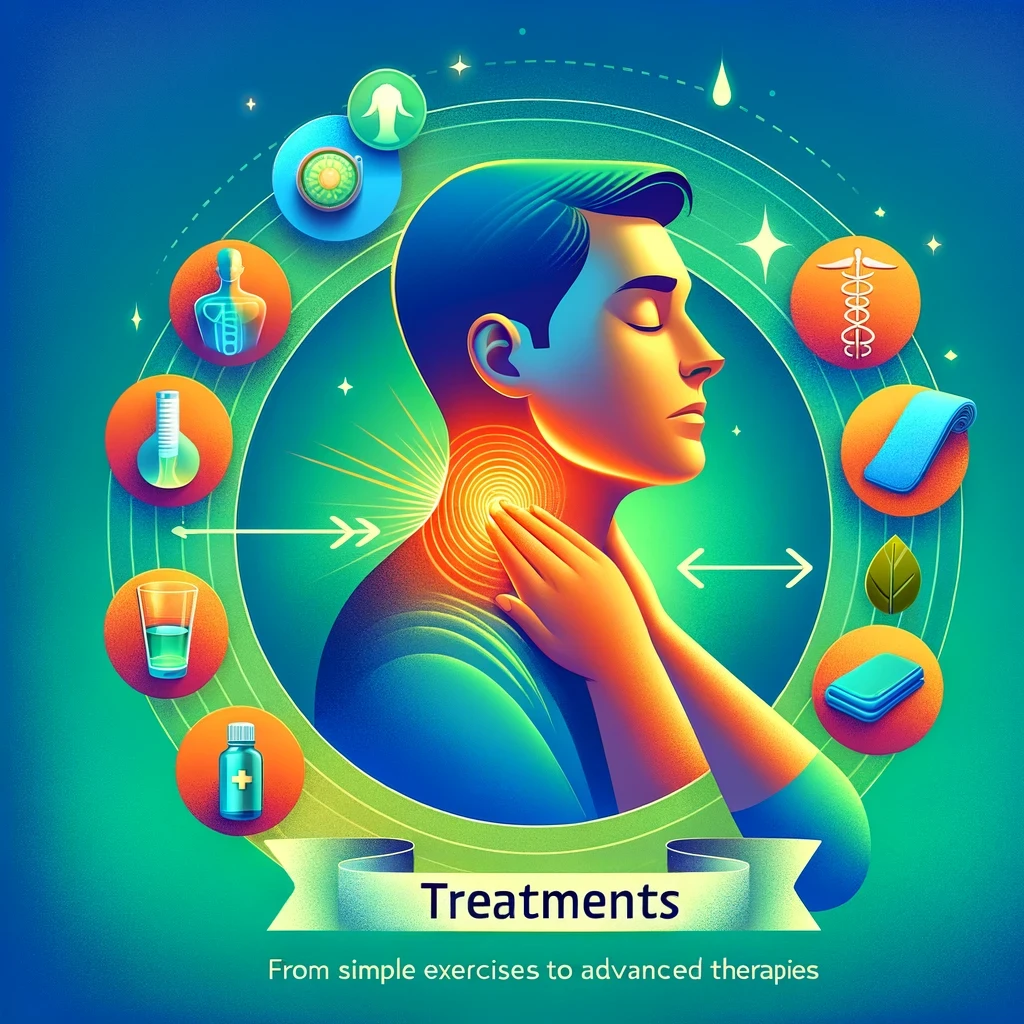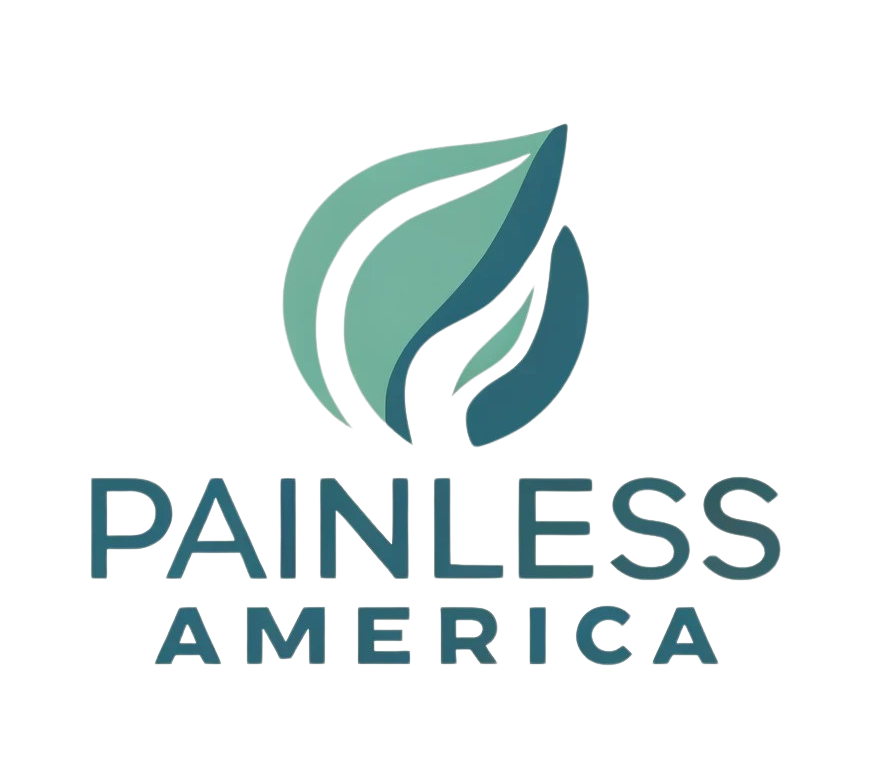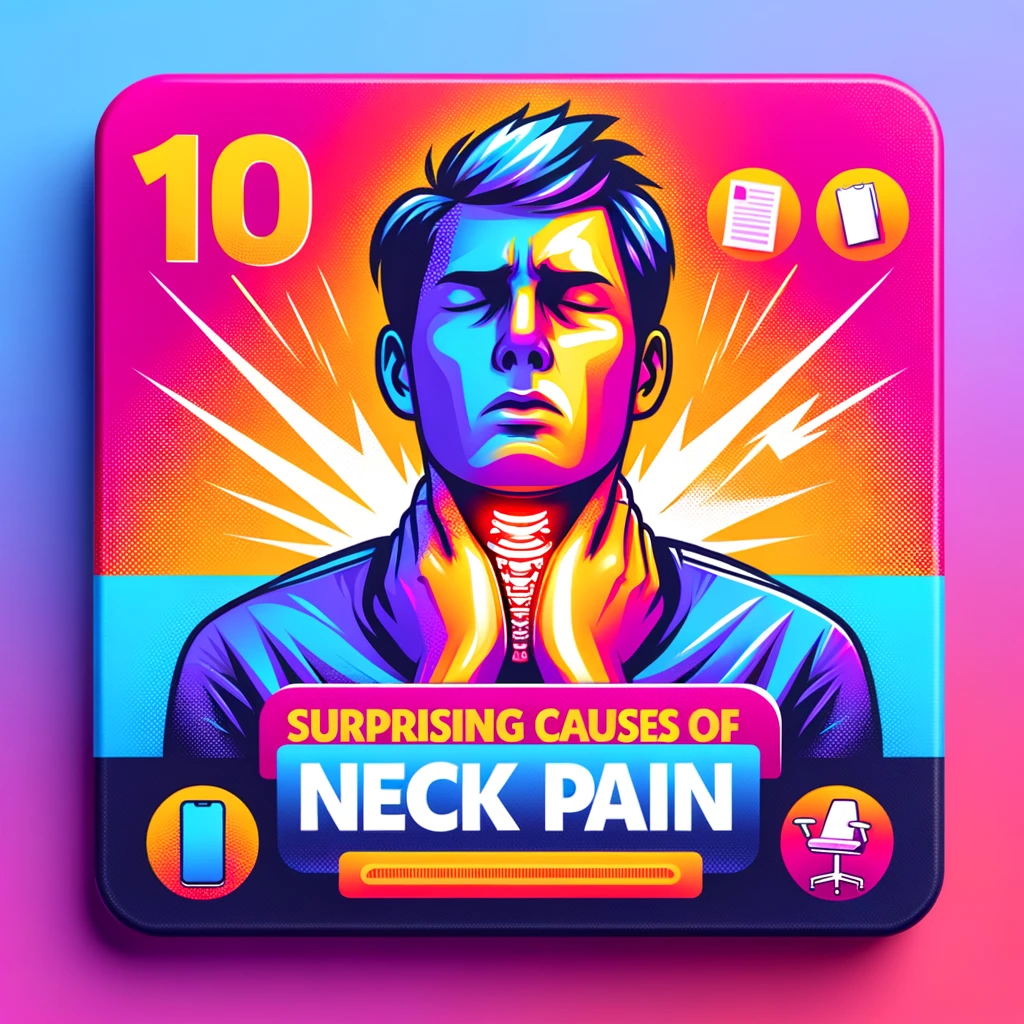
Table of Contents
Neck pain is a common ailment that affects millions of people worldwide. It can range from a mild discomfort to severe, debilitating pain that interferes with daily activities. Treatments for neck pain vary from simple exercises and lifestyle adjustments to alternative therapies and medical interventions, offering a range of solutions for relief.
Understanding Neck Pain
Common Causes of Neck Pain
Neck pain can be caused by a variety of factors, including poor posture, muscle strain, injuries and underlying medical conditions such as arthritis or herniated discs. Identifying the cause of your neck pain is the first step towards effective treatment.
Symptoms Associated with Neck Pain
Symptoms of neck pain include stiffness, headaches, muscle spasms, and limited range of motion. In some cases, the pain may radiate to the shoulders or arms, indicating a more serious problem that requires medical attention.
Lifestyle Modifications
Importance of Good Posture
Maintaining good posture is crucial for preventing and alleviating neck pain. Poor posture, such as slouching or hunching over, can strain the neck muscles and lead to discomfort. Make a conscious effort to sit and stand with your shoulders back and your head aligned with your spine.
Ergonomic Adjustments
Creating an ergonomic workspace can significantly reduce neck pain. Ensure your computer screen is at eye level, your chair supports your lower back, and you take regular breaks to stretch and move around.
Exercise and Stretching
Beneficial Neck Stretches
Regular neck stretches can help relieve tension and improve flexibility. Simple exercises like gently tilting your head from side to side or rotating it in a circular motion can make a big difference.
Strengthening Exercises for Neck Support
Strengthening the muscles around your neck and shoulders can provide better support and reduce pain. Incorporate exercises such as shoulder shrugs, neck isometrics, and resistance band routines into your fitness regimen.
Heat and Cold Therapy
Benefits of Heat Therapy
Applying heat can help relax tight muscles and improve blood flow to the affected area. Use a warm towel or heating pad for 15-20 minutes several times a day to soothe your neck pain.
Benefits of Cold Therapy
Cold therapy can reduce inflammation and numb the pain. Apply an ice pack wrapped in a cloth to the painful area for 15 minutes at a time, especially after an acute injury.
Over-the-Counter Medications
Pain Relievers
Over-the-counter pain relievers like acetaminophen can provide temporary relief from neck pain. Follow the dosage instructions carefully to avoid potential side effects.
Anti-inflammatory Drugs
Nonsteroidal anti-inflammatory drugs (NSAIDs) such as ibuprofen or naproxen can help reduce inflammation and alleviate pain. These medications are particularly useful for pain resulting from injuries or arthritis.
Physical Therapy
Role of a Physical Therapist
A physical therapist can develop a personalized treatment plan to address your neck pain. They use a combination of exercises, stretches, and manual therapy techniques to relieve pain and improve function.
Common Physical Therapy Techniques
Common techniques include mobilization, strengthening exercises, and posture correction. A physical therapist can also provide guidance on how to prevent future episodes of neck pain.
Alternative Therapies
Acupuncture
Acupuncture involves inserting thin needles into specific points on the body to alleviate pain. This ancient Chinese practice can be effective for managing chronic neck pain.
Chiropractic Care
Chiropractic adjustments can help realign the spine and alleviate pressure on the neck. A qualified chiropractor can perform manipulations to reduce pain and improve mobility.
Massage Therapy
Benefits of Professional Massage
Massage therapy can help relax tight muscles, improve circulation, and reduce stress. Regular sessions with a professional massage therapist can provide significant relief from neck pain.
Self-Massage Techniques
If professional massage therapy isn’t an option, try self-massage techniques. Use your fingers to apply gentle pressure to the sore areas of your neck and shoulders, or invest in a massage tool for at-home use.
Essential Oils and Aromatherapy
Effective Essential Oils for Neck Pain
Essential oils like lavender, peppermint, and eucalyptus have pain-relieving properties. Dilute a few drops in a carrier oil and massage into the affected area, or use them in a diffuser for aromatherapy benefits.
How to Use Essential Oils
In addition to topical application, you can add essential oils to a warm bath or use them in a compress. Be sure to test for skin sensitivity before applying them directly to your skin.
Hydration and Nutrition
Importance of Staying Hydrated
Staying hydrated is crucial for overall health, including maintaining the elasticity of tissues and joints in the neck. Aim to drink at least 8 glasses of water a day.
Anti-inflammatory Foods
Incorporate anti-inflammatory foods into your diet to help reduce neck pain. Foods rich in omega-3 fatty acids, such as salmon, walnuts, and flaxseeds, can be particularly beneficial.
Sleep Practices
Choosing the Right Pillow
The right pillow can make a significant difference in neck pain. Look for one that supports the natural curve of your neck and keeps your spine aligned. Memory foam or cervical pillows are often good choices.
Optimal Sleeping Positions
Sleeping on your back or side with a pillow that supports your neck can help alleviate pain. Avoid sleeping on your stomach, as it can strain your neck.
Stress Management
How Stress Affects Neck Pain
Stress can cause muscle tension and exacerbate neck pain. Finding ways to manage stress can have a positive impact on your physical health.
Relaxation Techniques
Practice relaxation techniques such as deep breathing, meditation and yoga to help reduce stress and relieve neck pain.
When to Seek Medical Attention
Warning Signs
If your neck pain is severe, persistent, or accompanied by other symptoms like numbness or weakness, it’s important to seek medical attention. These could be signs of a more serious condition.
Diagnostic Tests
A doctor may recommend diagnostic tests such as X-rays, MRIs or CT scans to determine the underlying cause of your neck pain and develop an appropriate treatment plan.
Preventing Future Neck Pain
Tips for Long-term Prevention
To prevent future neck pain, maintain good posture, stay active and incorporate neck exercises into your routine. Regular massages and ergonomic adjustments can also help.
Importance of Regular Check-ups
Regular check-ups with your healthcare provider can help catch potential issues early and keep your neck healthy.
Conclusion
Neck pain can be a real nuisance, but with the right treatments and lifestyle changes, you can find relief and prevent future issues. From exercise and stretching to alternative therapies and proper sleep practices, there are many ways to manage and alleviate neck pain. Take action today to start feeling better.
FAQs
What is the best sleeping position for neck pain?
Sleeping on your back or side with a supportive pillow is best for neck pain. Avoid sleeping on your stomach.
Can stress cause neck pain?
Yes, stress can lead to muscle tension in the neck and shoulders, which can cause pain.
How often should I do neck exercises?
Aim to do neck exercises and stretches daily or at least several times a week for the best results.
Is heat or cold better for neck pain?
It depends on the cause of your pain. Use heat for muscle tension and cold for inflammation or after an injury.
When should I see a doctor for neck pain?
See a doctor if your neck pain is severe, persistent or accompanied by symptoms like numbness, weakness or severe headaches.


